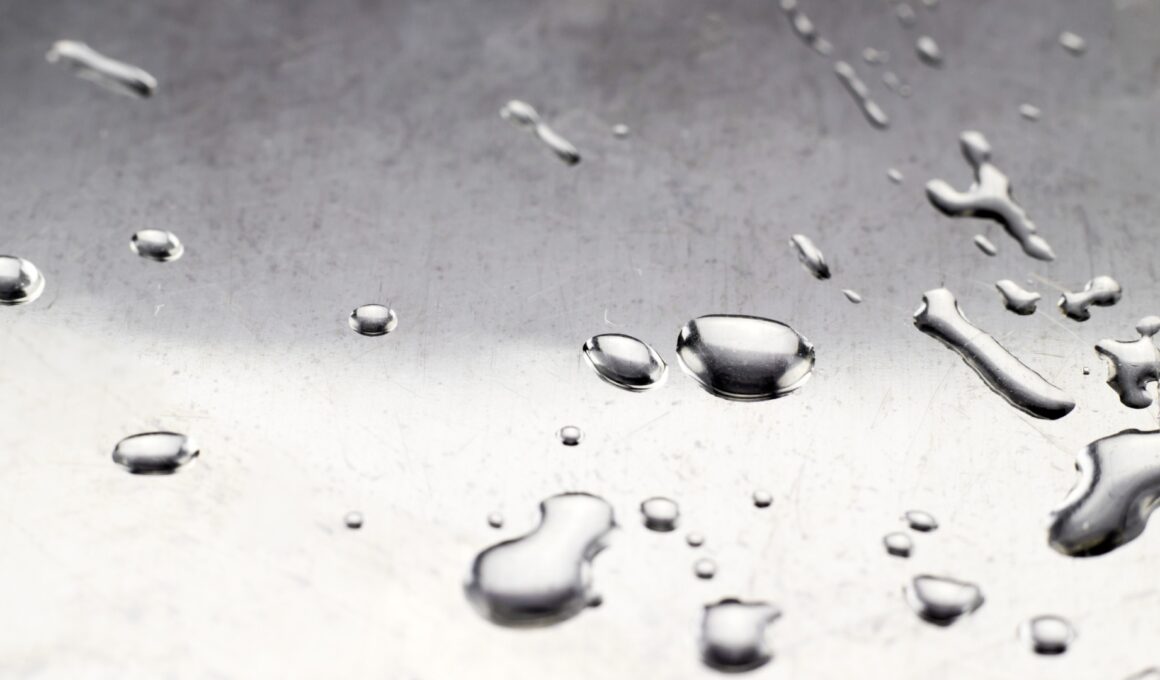Salt can be found in every cell in our bodies. In an adult human there is a total of about 250 grammes (a cupful). Is it any wonder our tears and sweat are salty.
So that our bodies can function properly, salt is essential.
Exercise, in hot weather etc, we sweat and this depletes the body of salt, which must then be replaced. Most crucially, salt helps keep the balance of our bodily fluids, that carry nutrients and oxygen around our bodies.
When I was nursing, we nurses cried many salty tears when patients would not drink enough water. Working out the ‘Fluid Balance’ was difficult enough without some stroppy patient refusing to cooperate.
Fluid balance is measuring the amount of urine a patient passes in 24 hours and the amount of liquid the patient drinks. Ideally both figures should be about the same.
If the patient drinks too much and doesn’t pass enough urine, the result could mean damage to the kidneys. Or if the other way round, the patient doesn’t drink enough, the body will store the excess salt and may cause water to gather around the heart, and this is bad news for the heart. This water swelling is called oedema.
Salt Has Two Elements: Sodium and Chloride
Sodium
- Enables the transmission of nerve impulses around the body, this regulates the electrical charges moving in and out of the cells.
- Our taste, smell and touch are controlled by sodium.
- Sodium helps all the muscles in the body (including the heart) to contract.
- Signals to and from the brain depend on sodium.
Chloride
- Helps with the digestive process.
- Preserves the acid-base balance in the body.
- Absorbs potassium.
- Helps the blood to carry carbon dioxide from the tissues to the lungs.
The healthy body is able to adjust the amount of salt needed to keep everything working well.
If we need more water, because the body is storing too much salt, we get thirsty. This helps flush out the kidneys and the excess salt is passed out of the body.
What Are the Symptoms of Insufficient Salt?
- Muscular weakness.
- Muscular cramps.
- In very hot weather – heat exhaustion.
A warning: Severe salt deprivation can even prove fatal.
Salt and the Pregnant Woman
Quite often during her first pregnancy, a woman will suffer with high blood pressure. This can be aggravated by some conditions such as diabetes, chronic kidney disease or carrying several babies, such as twins etc.
Sometimes prescribed drugs are not useful. Salt restrictions and diuretics can have the opposite effect.
Evidence shows that by having a low salt diet, a pregnant woman can cause problems for the unborn child.
Senior Citizens and Salt Restrictions
Especially in the Summer Months elderly people are inclined to not drink enough as well as not being able to adjust to the heat. So between the two, it could cause a dangerous situation.
The salt lost through sweat is not replaced – the blood thickens and as the blood cannot pass through the blood vessels freely; the blood pressure rises. This can put extra strain on the heart and can lead to heart attacks and strokes.
In Conclusion
Studies have shown that by reducing salt intake, blood pressure can be lowered within four weeks.
If you want to be a statistic, don’t aim to be a dead one. Cut down on your salt intake now!





I am a junior higher working on a science project about the salt in human tears. I just wanted to thank you for this article because it helped me tremendously on my project. It was very informal and I wish there were more articles out there like this for me.
Does anyone know why my tears (when I yawn, etc.) are causing the skin underneath my eyes to become red and sore. Could this be because I have been taking magnesium tablets for the past 2 years and I have an excess of salt, which has become very strong?